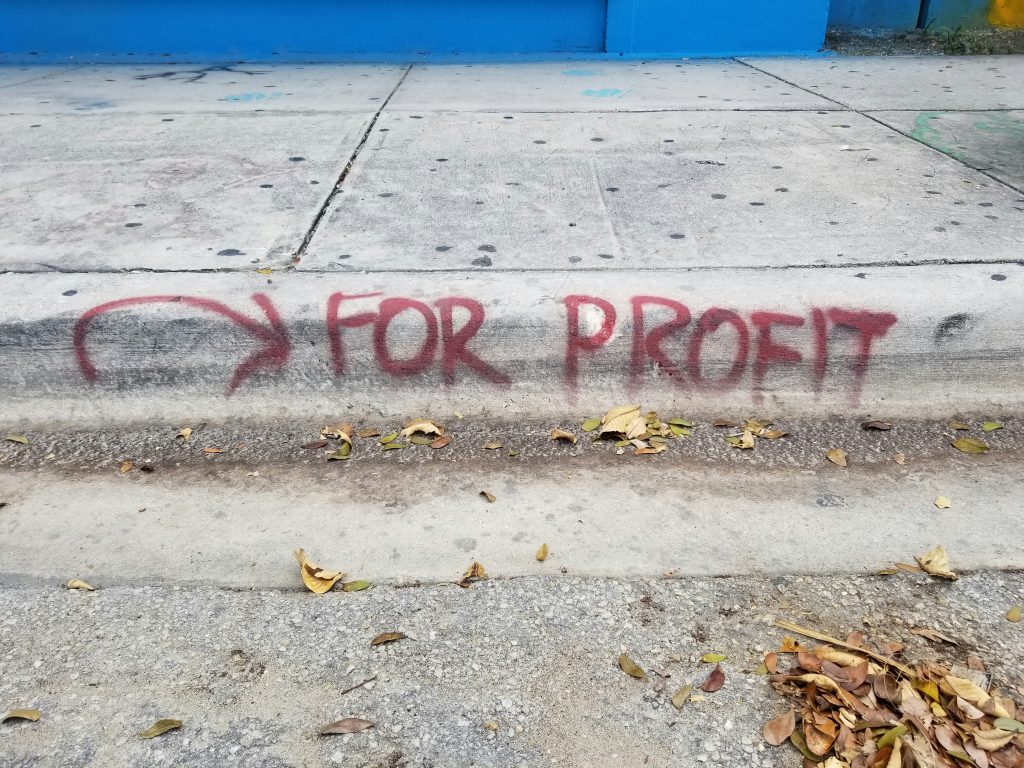Ever sat up at 2 a.m. wondering if that tax loophole you heard about is too good to be true? Spoiler alert: If it sounds suspiciously easy, it probably is. That’s where tax planning courses come in. But here’s the kicker—not all certifications carry equal weight. If you’re diving into “Course Certificate Risk Assessments,” buckle up, because we’re spilling the tea on how to spot the legit from the lemon.
This blog post will guide you through why risk assessments matter in tax education, what makes a course worth its salt, and actionable steps to ace your tax game while avoiding duds. Ready to go from tax novice to certifiable pro? Let’s get into it.
Table of Contents
- Key Takeaways
- Why Risk Assessments Matter in Tax Courses
- How to Choose a Course with Strong Risk Assessments
- Top Tips for Success in Tax Planning Education
- Real-Life Examples: Good vs. Bad Certificates
- FAQs About Course Certificate Risk Assessments
- Conclusion: What’s Your Next Move?
🔑 Key Takeaways
- Not all tax planning certifications are created equal; vet them carefully.
- Risk assessment modules are critical for future-proofing your skills.
- The best courses offer transparency, industry recognition, and hands-on practice.
- Avoid scams by verifying accreditations and alumni testimonials.
- Your success depends on applying knowledge effectively—so choose wisely.
Why Do Risk Assessments Matter in Tax Planning Courses?

Tax planning isn’t just about saving money—it’s also about mitigating potential disasters. One wrong move can land you in hot water with the IRS or local authorities. Enter risk assessments. These aren’t just extra fluff in a syllabus—they’re life jackets keeping you afloat when regulatory waves hit.
“Optimist You: ‘Oh, I’ll just take any old course!’ Grumpy You: ‘Yeah, until you lose $10k trying to DIY your taxes without proper training.'”
If a course glosses over risk management, run. Fast. Proper programs teach you to evaluate scenarios like:
- Potential penalties for late filings.
- How global tax laws might affect your investments.
- Strategies to safeguard against audits.
How to Choose a Course with Strong Risk Assessments
Step 1: Identify Accredited Providers
Start by looking for accreditation badges. Organizations like the National Association of Tax Professionals (NATP) often vet and approve quality programs. Without these stamps, tread lightly.
Step 2: Evaluate Course Content
Does the curriculum dive deep into topics like compliance checks and liability protection? Or does it skim the surface? Look for detailed module descriptions rather than vague promises.
Step 3: Check Alumni Reviews
Here’s my confessional fail: I once signed up for an “advanced” finance course solely based on flashy ads. Turns out, half the lessons were AI-generated gibberish. Moral of the story? Always read reviews—and follow up with actual grads if possible.
🌟 Top Tips for Success in Tax Planning Education
- Network Wisely: Connect with instructors and peers who already work in the field. Their insights are 👌 chef’s kiss.
- Simulate Real Scenarios: Practice analyzing case studies under time constraints. It’s not glamorous, but neither is getting blindsided during tax season.
- Stay Updated: Tax codes change faster than TikTok trends. Subscribe to newsletters and join relevant groups.
*Pro Tip #4 (AKA The Brutal Truth):* Don’t fall for overnight “certifications.” They’re usually scams designed to drain your wallet before vanishing into thin air.
📈 Real-Life Examples: Good vs. Bad Certificates
Example 1: The Gold Standard
I recently spoke with Sarah, a CPA who completed a rigorous program through the Institute of Certified Tax Planners (ICTP). She raved about their comprehensive risk assessment simulations, which prepped her for high-stakes client decisions.
Example 2: The Dud
On the flip side, Tom enrolled in an online “tax guru” bootcamp promising instant expertise. Spoiler: He got burned during his first audit, realizing the materials lacked even basic coverage of penalties.

💬 FAQs About Course Certificate Risk Assessments
Q: How important is the risk assessment component?
Absolutely vital! Think of it as insurance for your career. Skipping it means leaving yourself exposed to costly mistakes later.
Q: Are free courses ever worthwhile?
Free courses can provide foundational info, but beware—they often lack depth. Look for paid options backed by reputable institutions instead.
Q: Will this investment actually pay off?
According to stats, certified pros earn 25% more annually compared to uncertified counterparts. Sounds whirrr-worthy, right?
🎯 Conclusion: What’s Your Next Move?
Navigating tax planning courses doesn’t have to feel overwhelming. Armed with our guide, you now know how to sniff out the great options from the sketchy ones. Remember, investing time upfront saves headaches (and cash!) down the line.
So grab that coffee—or four—and start researching those top-tier programs today. Like a Tamagotchi, nurturing your skills takes daily care. Happy learning!


